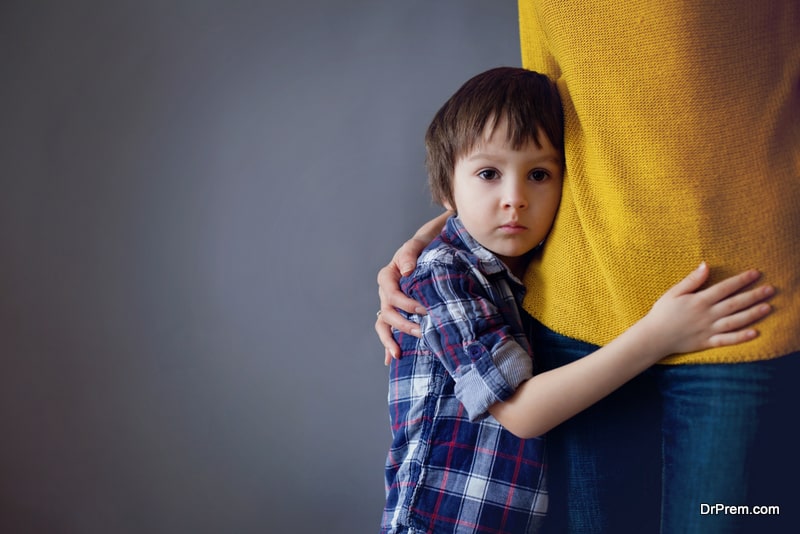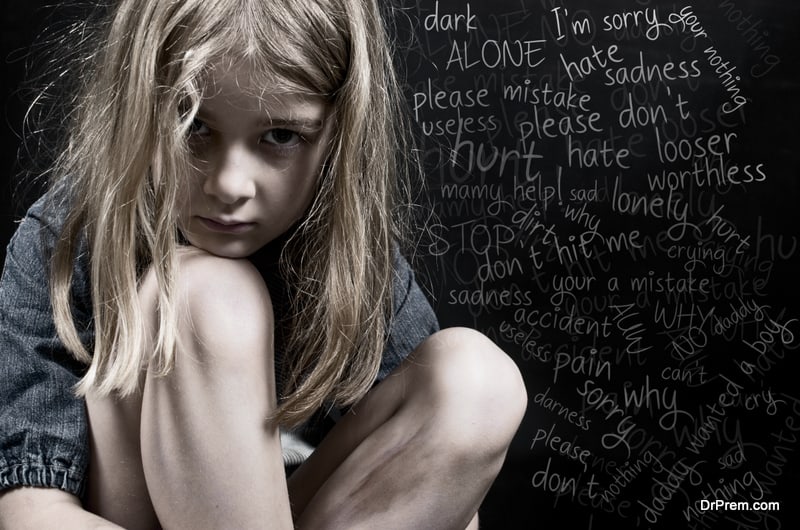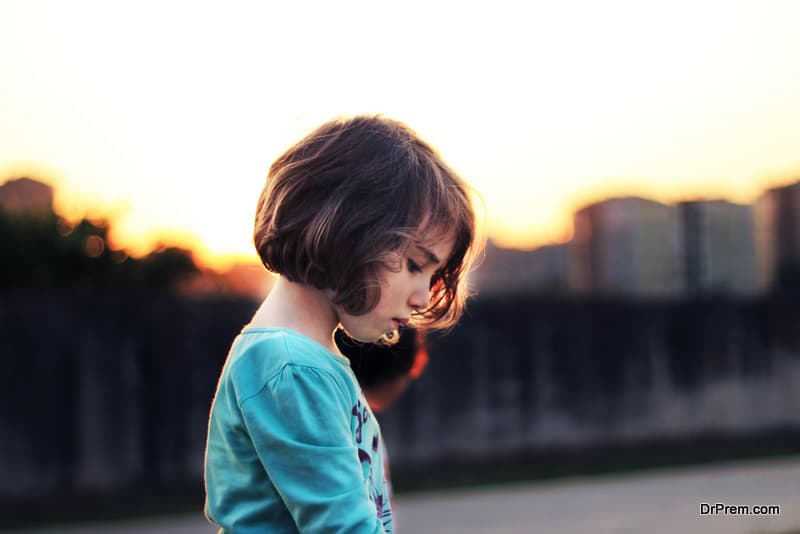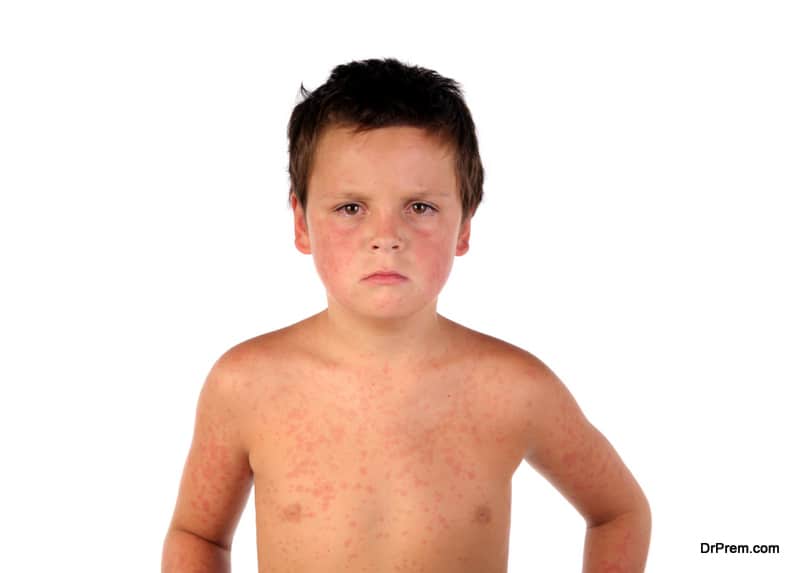Time is not always a great healer of pain. Adverse experiences in childhood can be responsible for adulthood depression and suicidal thoughts. A number of studies have established a close link between childhood trauma and depression, which remains unaccounted while treating depression. Not only this, traumatic incidences in childhood can also lead to an enhanced perception of physical pain in the adult phase.
Traumatic events in childhood can be physical, emotional or sexual abuse and emotional and physical negligence from parents or caregivers at home or in institutional surroundings. This includes bullying as well. It is not easy to escape the effects of traumatic past in matured phase of life.
Does that mean all children with a history of child abuse will suffer from mental issues? Not necessarily always. Some people may be more resilient than others. The exact reason behind this difference is not known but may be attributed to biological or epigenetic predisposition.
How childhood trauma and depression in adulthood are related?

A child always craves for positive emotions. They need blissful experiences supported by unconditional love and affection. A child cannot understand the reason why adults behave badly with them.
Perhaps due to this, adverse events get deeply ingrained in the brain sowing seeds of unhappiness which crops up as depression in adulthood. Negative childhood experiences increase the risk of depression, suicide, substance addiction, sleep disturbance, obesity, diabetes and heart attack in adulthood.
Any physical or emotional trauma during childhood is likely to stay for a long time if not forever altering the pathway of development and maturity. Physicians term this as “premature stress”. The severe stress and suffering that a child undergoes leave a permanent scar which manifests in depression and suicidal tendencies in adulthood.
Abusive experiences in childhood affect brain’s plasticity:

In childhood, when the brain is at the developing stage, it creates and strengthens a number of neural connections along with discarding some. A network between the neurons develops enabling different functions of the brain.
As brain development is related to walking and learning to talk, experiences both positive and negative also affect the eventual formation of the brain. Negative childhood experiences or maltreatment are often accounted for certain anomalies in brain structure that often impairs cognition, behavior and social skills of an individual.
Studies confirm the impact of childhood trauma leading to depression in adulthood:

Childhood trauma nurtures suicidal tendencies:

Depression, anxiety, chronic pain and substance abuse were accountable for the association between childhood abuse and suicidal tendency. About 25% of this association is attributed to depression.
Childhood bullying causes depression:

Response to antidepressants:

Even a single traumatic event can cause this poor response especially if it occurs when the child is below 7 years of age. According to researchers, clinical depression management should include the screening of childhood trauma to assess the response of antidepressants.
A link between maternal childhood trauma and depression in offspring exists:

The history of abuse in mothers included physical, emotional and sexual assaults in childhood. Offspring of mothers exposed to such events showed an increased rate of severe depressive symptoms at the age of 12-31 years than the offspring of mothers without any experience of childhood abuse.
Offspring of severely abused mothers are likely to have high depressive symptoms 1.5 times more and persistent depressive symptoms 2.5 times more compared to those whose mothers didn’t face childhood abuse.
Childhood abuse is also responsible for depression in older adults:

It also further suggested that small social networks and feeling lonely contribute to late-life depression in seniors exposed to childhood abuse. Though the study could not establish any psychosocial mediator for this late-life depression but the factor cannot be ruled out.
According to the lead study author, depression at a younger stage may be a common outcome of childhood abuse, the same factor should be considered while assessing the cause of depression in older adults. Middle age and old age depression can also be linked to childhood trauma.
Proper screening of the history of childhood abuse can be life-saving:

A recent study by the Substance Abuse and Mental Health Services Administration reports increased incidences of medication overdose in treating depression, anxiety and other mental disorders.
In 2016, about 25,000 overdose cases were associated with “psychotherapeutic medications” involving the use of antidepressants, anti-psychotics, barbiturates or ADHD drugs. Since 2010, deaths from psychotherapeutic drugs have risen by 45% which is shocking. Proper screening of childhood trauma could have saved precious lives.






